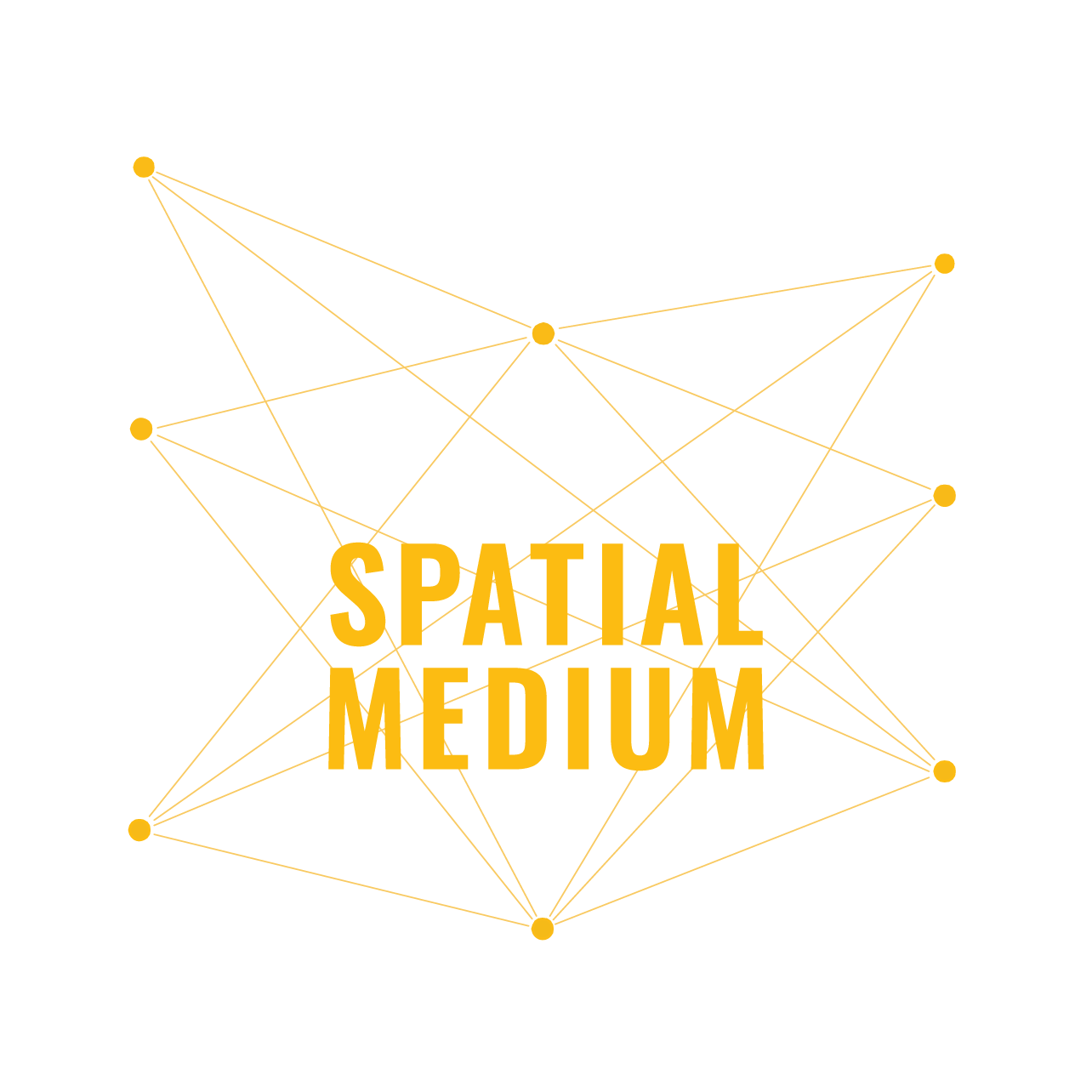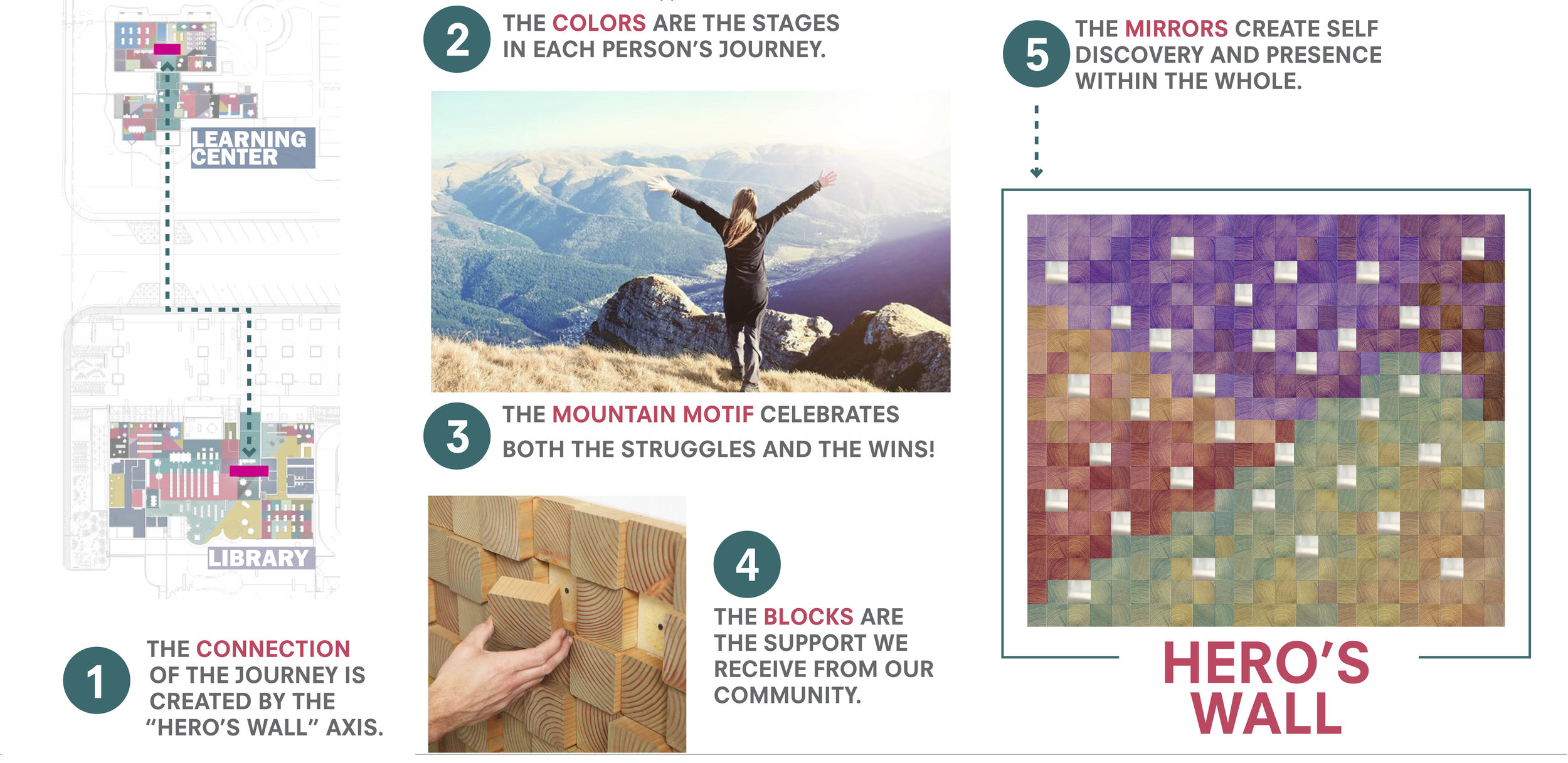(noun)
- a relationship in which a person, thing, or idea is linked or associated with something else
- the action of linking one thing with another
Well, hello, Week 5! It's all about connection this week, friends.
Connection in the architectural environment could mean any matter of things:
- how circulation pathways bridge different areas of a space
- how materials are consistent throughout to give continuity as you move between different spaces
- how the hidden mechanical, electrical, and plumbing (MEP systems) marry seamlessly with the visible design elements
- the built material details (like how a kitchen backsplash meets with a window sill interruption)
- the way that space can be designed to support the end-user/community
Now, I could give you a month-long masterclass on the first four points above. But then you would all be on your way to becoming architects! And you didn't sign up for 12 Weeks of Architect-ing. This is about creating space. So let's just focus on the last point.
How can creating space for connection support the end-user/community?
To be honest, this is why Spatial Medium came into existence. I had been working in the architectural industry for a few years and was seeing a pattern - architects/firms were ignoring the end-user needs/values/stories/journeys. At the time I was working in the healthcare sector and it was incredibly heartbreaking. I believed then, and still do, that the best design is the one that takes into account the end-user needs. Using healthcare as an example, this means creating space that supports the nurses working on the floor and the patients healing in their care. Too many times their stories and journeys were ignored - or disconnected - which made for ineffective, and often unusable, design.
So today, I'm going to give you different examples on creating space for connection through design.
CONNECTION TO COMMUNITY
Mesquite Library and community resides just outside of Las Vegas, NV. This project required connecting an old library structure to the new library structure across a busy street. The old library was to house a focused business learning center while the new library would cater to all services with a kids and teens area, a cafe, and community space.
After working with the community to find out what their values and goals were, a clear theme came forward: many wanted a space to be able to learn, create new skills, and design a better future for themselves and their families. To reflect this desire, I proposed a design based on the "hero's journey".
Via Wikipedia, "the hero's journey involves a hero/person who goes on an adventure, is victorious in a decisive crisis, and comes home changed or transformed. In my mind, this is what the community was facing". Changing your life is no easy task and there would be challenges and pitfalls along the way. I wanted to create something that would remind them that they were all on this journey together. As a result, the Hero's Wall was born.
The Hero's Wall lived in both the Learning Center as well as the main Library. While the physical connection was not possible because of the street in between, the Hero's Wall lived at the entrance in both of those buildings providing a sculptural and poetic connection between the spaces. It was constructed of individual wood blocks (representing the support we receive from community) stained in various colors (representing the different stages in each person's journey) with mirrors placed among the blocks (representing self-discovery and presence within the whole). Now, every time someone is welcomed to the space, they are connected back to the community as well as their own personal journey.
Image courtesy of Simpson Coulter Studio
CONNECTION TO MISSION
Arche shoes wanted to bring a younger clientele into their beautifully crafted line of leather shoes and bags. A family-owned company that had been around for ages, the goal was to retain the loyalty of the existing customers while appealing to a new group.
Before presenting a design scheme, research and study was applied to the business itself. The family-owned story and dedication to craftsmanship was deeply important to the brand; a connection to earth and natural elements was essential to product development; and luxury and sophistication was at the core of everything.
The result? An entire retail showroom deeply connected to mission and customer awareness. A sophisticated showroom grounded in wood forms flowing from floor to bench to shelf and back again. Glass panels illustrating family and entrepreneurial journey. And a simple display platform that allowed changing colors via light gels and suede platform toppers as the seasons, and products, shifted.
You may be thinking "well, that's wonderful, but I do not have have end-users to think about here - it's just me!". And you'd be right...sort of.
In your lives, you and whomever you live or interact with are the end-users. And if I communicate anything to you in these 12 weeks together let it be that you CAN create space to support you in any manner of ways, connection being one of them.
I design for connection in my space at every turn. It's probably my signature characteristic, to be honest. Almost all of my furniture is re-purposed which means from a grandparent's old kitchen table to my meditation cushion, I prioritize connecting to my past, present, and future. I find strength in these somewhat small connections every time I pass them in my space. Let me give you an example of creating space for connection that may be more relatable.
CONNECTION TO LEGACY
As I mentioned, I enjoy re-purposing old items from my family (and in general!). I love giving something a second, third, or fourth life. One object that I am particularly proud of is the installation I made from my grandmother's piano.
My grandmother, Renae, was a wonderful pianist and visiting her home was always marked by sitting at the piano, touching the keys, listening to her play. She lit up when she was at the piano and had sheets (and books and folders and magazines and more sheets...) of music piled everywhere. It was glorious.
When she passed, her piano was severely out of tune and unable to be repaired. There was talk of donating it to a nursing home, however, the sentiment was that they would just trash it. I couldn’t bear the thought of this item that she had cherished, touched, shared with her entire family just disappear. So, I asked if I could take it apart and make something new, hopefully preserving the tactile memory and spirit of this sweet woman. In other words, I wanted to create something to remain connected to her life.
While the installation above is not a physical room, it creates the space of connection because of what it is, what it means to me, and how it came to be. It serves me, the end-user, because it reminds me of where I come from and points me to where I want to go. And while it's not a new guest room wing or renovated bathroom, it helps create the space I want to live in with my ancestors, in my home, and in community with others.
In what ways can creating space for connection be a supportive gesture for you, your legacy or mission, or your community?
A coda before we get into the prompts if you will allow me...
As in the examples above, connection takes a bit of effort in order to (1) identify your/individual/community needs; (2) reflect that understanding; and (3) honor it in the spaces you create. It doesn't have to be much as there are many different ways of extending connection. Perhaps it means taking time to listen deeper (to yourself or others). Or simply acknowledging or holding space for a difference of opinion.
JOURNAL PROMPTS
What comes up when you think about connection, particularly to yourself?
How does connection look/feel/sound in your life right now with your public space? With your relationships?
Where does a connection feel weak, like it needs a bit more attention?
How can you support or celebrate your connections more in your day-to-day? It doesn't have to be grand...think small.
In what ways, physical and intangible, can you make space for more connection in your life? This could be to yourself, your circle of loved ones, or your community. Observe as you go about your day.
This wraps Week 5...thank you for taking time to explore spacemaking from a place of connection!
If you feel inspired to share any takeaways, examples in your own home, or questions that came up for you, please access Spatial Medium on LinkedIn or Instagram. Please be sure to add #12weeksofspacemaking and tag @spatialmedium so I can see what you post!






